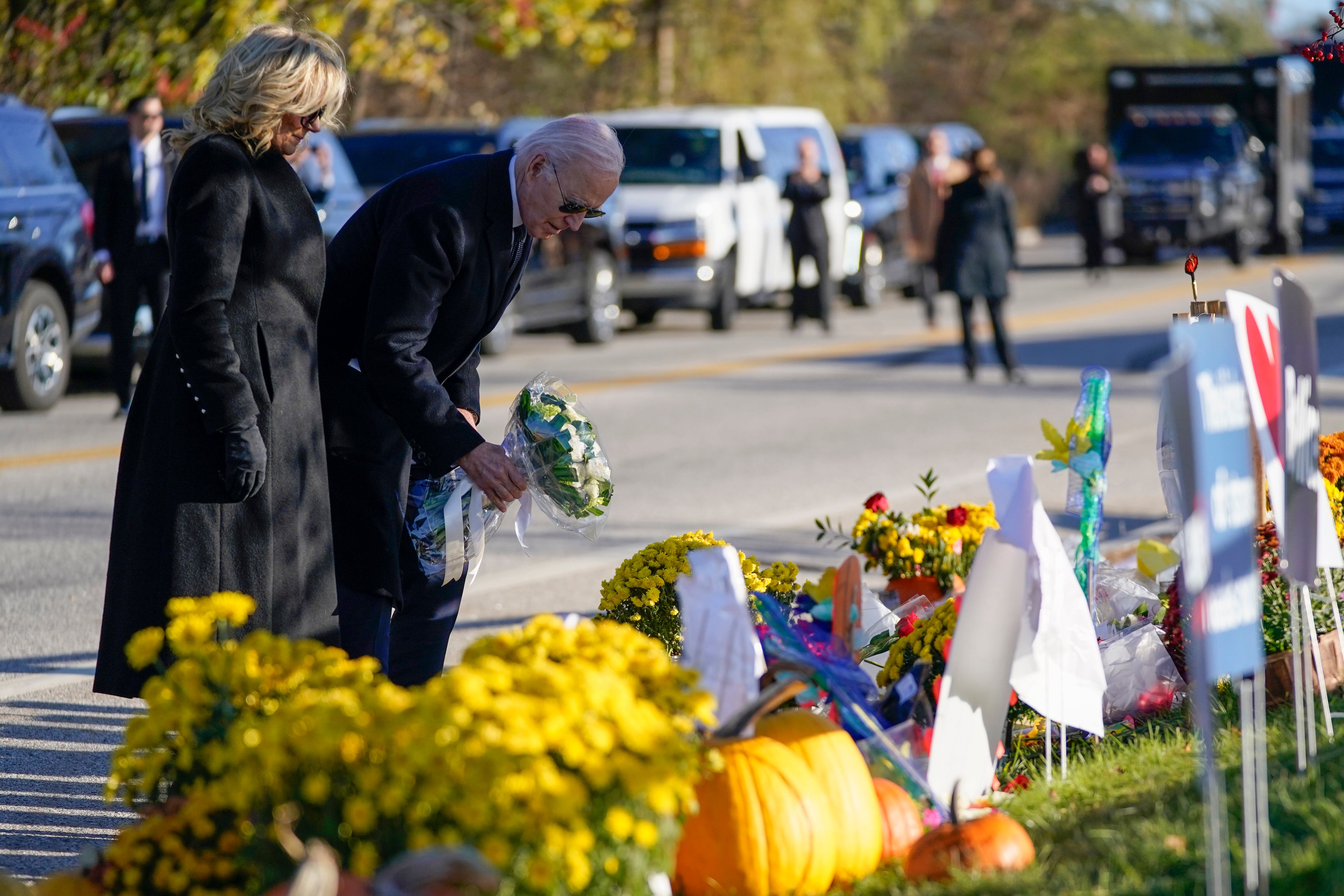PORTLAND, Maine — The Army reservist who opened fire inside at a bowling alley and a bar in Lewiston, Maine, before disappearing was alive and possibly on the run during a good portion of the massive search that followed, according to a conclusion from the state medical examiner’s office released Friday.
Robert Card died from a self-inflicted gunshot that “likely” happened eight to 12 hours before the discovery of his body, based on a time-of-death analysis, officials said. The conclusion was announced a week after his body was discovered in the back of a tractor-trailer on the property of his former employer at a recycling center.
In the wake of the Oct. 25 shootings, which killed 18 people and wounded 13 more, tens of thousands of area residents sheltered at home behind locked doors as hundreds of law enforcement officers scoured the area looking for Card. He fled in a vehicle that was later found abandoned on a waterfront in a nearby town.
Law enforcement agencies came under scrutiny for not finding Card’s body earlier under the assumption that he killed himself in the hours just after the shootings and that his body was overlooked in earlier searches.
But the time of death provided by the state’s chief medical examiner, Dr. Mark Flomenbaum, suggests Card, 40, was alive and potentially on the move for more than 24 hours after the killings.
The medical examiner’s office, however, said Card suffered from a condition in which his heart emptied of blood after the gunshot wound, affecting the way the blood settled in his body and potentially making the time of death less certain, according to Lindsey Chasteen, office administrator of medical examiner’s office in Augusta.
A state police spokesperson had no comment Friday.
The latest disclosure in the investigation came on the same day President Joe Biden and first lady Jill Biden visited Lewiston to pay their respects and meet with victims. “Jill and I have done too many of these,” Biden said outside the bowling alley where Card first opened fire. The other site was a nearby bar.

Card had been known to law enforcement for months as family members and others became increasingly worried about his mental state.
Concern accelerated following an altercation he had with fellow Army Reserve members. Card and other members of the Army Reserve’s 3rd Battalion, 304th Infantry Unit were in New York for training July 15 when he accused several of them of calling him a pedophile, shoved one of them and locked himself in his motel room. Concerns over his mental health led to a 14-day hospitalization at the Four Winds Psychiatric Hospital in Katonah, New York.
The worries continued when Card returned to Maine. One of Card’s fellow reservists urged a superior to change the passcode to the gate and have a gun if Card arrived at the Army Reserve drill center in Saco, Maine.
“I believe he’s going to snap and do a mass shooting,” the reservist wrote in a text.
A deputy twice visited Card’s house in Bowdoin, calling for backup on the second visit, but Card didn’t come to the door. Under Maine’s “yellow flag” law, officers have discretion to seek to put someone in temporary protective custody and begin the process of removing the person’s access to guns.
That never happened. A sheriff said the deputies who visited Card for a wellness check didn’t have legal authority to break down the door and take Card.
What happened after the deputies’ visit remains unclear. The sheriff’s office canceled its statewide alert seeking help locating Card a week before the killings.





